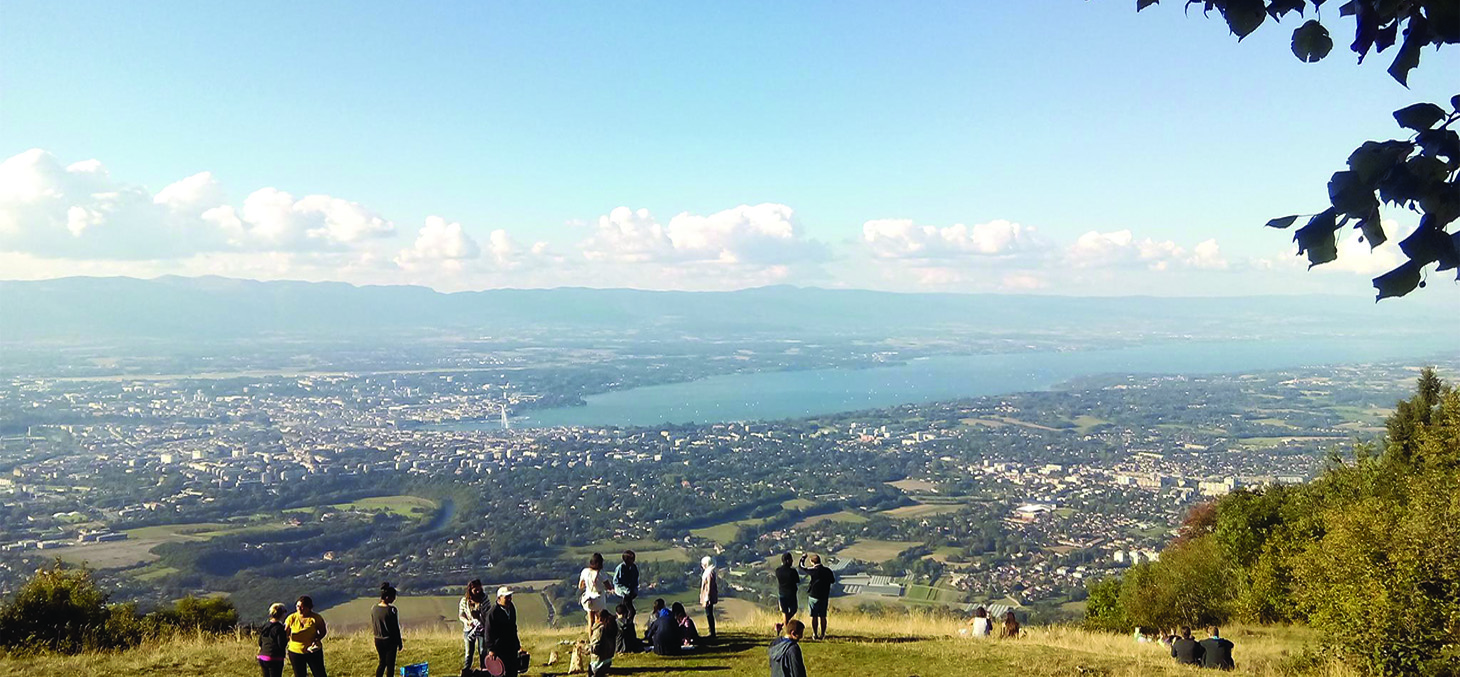
These urban planning workshops give M2 students the opportunity to work in territories in transformation located in a wide variety of international contexts (England, Italy, Switzerland, Lebanon, Tunisia, Morocco, etc.).
During an intensive week of visits, debates, classes and workshops, students analyze a complex area, identify its opportunities and constraints, and challenges then develop strategies to implement and formulate project scenarios. These international workshops develop student's ability to articulate different scales of analysis and the composition of the urban project, as well as their mastery of the plan-project relationship in different contexts and their proficiency with urban planning tools and regulations in an international comparative perspective.
Workshop partners
• the Institute of Geography and Sustainability (Lausanne, University of Lausanne),
• the Center for Urban and Regional Studies (Birmingham, University of Birmingham),
• the Department of Planning and Architecture (Bristol, University of West England),
• Tongji University (Tongji University),
• Damascus University
This intensive training program is conducted in French or English. It develops the students' critical eye and strengthens their adaptability and responsiveness necessary for this type of exercise. The workshop is based on a real urban planning commission to be developed in a very short time (5 to 10 days) following the Short Fat Module format :
• In situ visits (one site and several themes)
• Meetings with local actors (technicians, elected officials, economic actors, civil society representatives, etc.)
• Project workshops (in working groups)
• Interim presentation sessions
• Reports and oral presentation assignments
Workshop objectives
This workshop has three distinct and complementary objectives:
• Compare planning systems: undertake a comparative reading of the various urban and spatial planning tools in different European contexts
• Consider the contemporary city: share knowledge of planning practices in complex urban environments (urban wasteland, disadvantaged neighbourhoods, renovations in suburban areas); develop contextualized assessment of urban issues and design projects in a collaboration with others.
• Implement interdisciplinary competencies : given the working context of a smal international group, adress the issues of communication; decision-making, conflict and consensus; argumentation and creativity
In line with these goals, each workshop lead students to execute the following steps:
• Regulatory frameworks and new tools: documentary research and study of novel tools and regulatory frameworks for urban and spatial planning in different international contexts
• Commissions and specification : study of specifications simulating a real commission for an urban design project
• Site diagnosis: analysis and territorial assessment of the three selected sites
• Stakeholder analysis : in situ meeting with the actors affected by the projects and identification of their needs, their interests, and their organisational methods
• Territorial strategy: development of common strategic principles (via group work)
• Masterplanning: development of master plans setting out major principles for the morphological and functional organisation of the space
• Representation: graphic representation according to the rules of urban plan drawing and illustration of the cartographic elements of the different project phases
• Results communication : development of project deliverables in the form of boards and digital files accessible to the public.
Specific exchanges related to international workshops